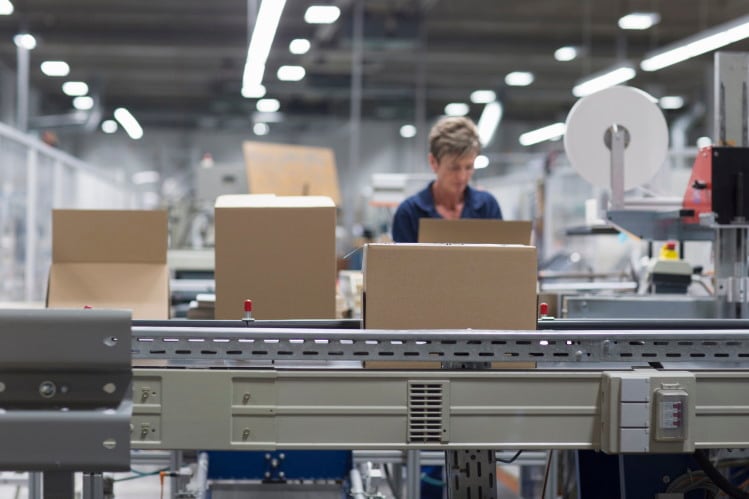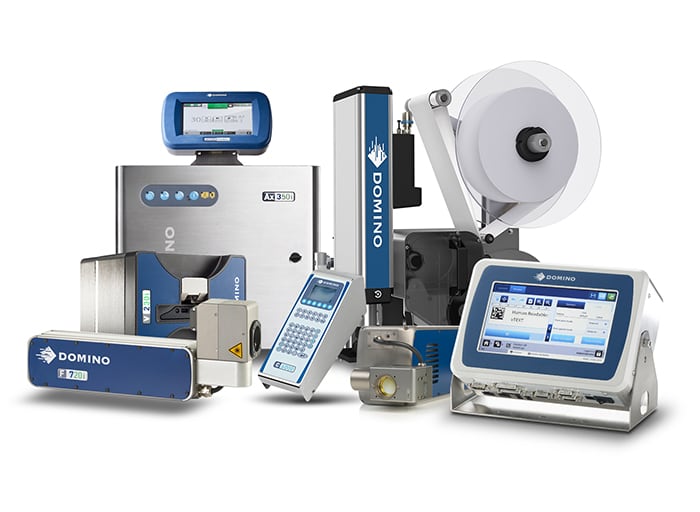Borrowing principles often used in the medical industry, never events described instances of packing food products in the wrong packaging or with errors on the label that trigger a recall – mistakes that are avoidable and should never happen.
According to RQA, 46% of all food recalls reported by the Food Standards Agency in 2020 would be classed as never events, a number that rose to 48% in the first six months of 2021.
The group identified five specific risk areas within food and drink manufacturing where never event recalls originate and listed how to mitigate those risks.
New product development (NPD)
A lack of knowledge within the business of the importance of allergen labelling or not being aware of regulations for all territories where the product is to be sold can cause issues when packaging and label artwork is designed for new products.
RQA suggested a robust approvals process be built into the NPD activity for new packaging designs and clear information available on specific regulatory requirements for all of the sales regions.
“Some businesses will want to deliberately restrict the number of allergens they handle within their operation to minimise these risks, and if this is the case, the NPD process must ensure new products keep within these constraints,” it added.
Similar packaging
If a business uses a lot of different by similar packaging, line operators – either through poor training or complacency – could mistakenly package an item with the wrong packaging.
To counter this, RQA advised manufacturers to implement a start-up validation process to confirm the product, the packaging and other requirements before the production run is permitted to commence.
“This validation would also help to ensure that not only have the correct materials been selected for the current production run, but any materials left-over from the previous run have been removed and correctly returned to stock,” said RQA.
Disorganised packaging storage
The storage of packaging materials could also lead to product recalls, RQA claimed. Materials left over from a batch may be returned to storage in the wrong location, only to be pulled out by operators in a hurry for the next production run – ultimately pulling out the wrong packaging for the line they’re working on.
RQA’s solution was to establish a clear process and responsibility for this activity and to make sure packaging stores are kept clean, tidy and organised.
“A second level of control could then come in the form of thorough start-up checks including bar code scanning and visual ID that would provide an additional assurance that packaging materials have been properly selected,” the group continued.
Last minute production changes
Even in an environment where all of the above risks are mitigated and procedure is followed properly, last minute changes to production schedules can still disorganise and destabilise a manufacturer. Such changes are often implemented in a hurry, often leading to mistakes being made.
“Food manufacture is a fast-moving process and changes like these are inevitable from time to time,” RQA argued. “The company must have a suitable process for implementing and controlling changes to the original production plan.”
Product for export
When producing items for export, manufacturers must be extra cautious with issues surrounding languages on packaging. If a product was not originally intended for a certain country they may have to over-sticker it, which in turn creates an opportunity for error to occur.
The error could be that the product has not been subject to the relabelling operation and exported with incorrect allergen information for that country and even in the wrong language. Mistranslation could also be a risk – raw seafood product mistranslated on the label as ‘Ready-to-eat’ rather than ‘Ready-to-cook’, which had to be recalled as a result.
RQA again suggested robust start-up validation be implemented, as well as label checks prior to dispatch in an attempt to prevent these errors.
“Rework, including relabelling operations, are often outsourced and so if there is a lack of adequate control over the selection of the service provider, then it is possible that poor practices may be in place,” the group continued.
“Ensure any outsourced relabelling or contract packing facility is fully compliant with your expectations and processes.”
RQA managing director Vince Shiers urged to take the time to put these checks into place and to consider more thoroughly the implementation of the strategic Never Event principles as used successfully in the Healthcare sector.
“With effective checks and validation, improved systems, commitment from senior management and a general culture of unfettered reporting, these recalls can be fully prevented and the numbers of recalls in a year would be dramatically reduced,” he added.
“This would protect consumers and avoid the unnecessary and very high costs accompanied by negative brand impact that a recall can have on a food business.”





